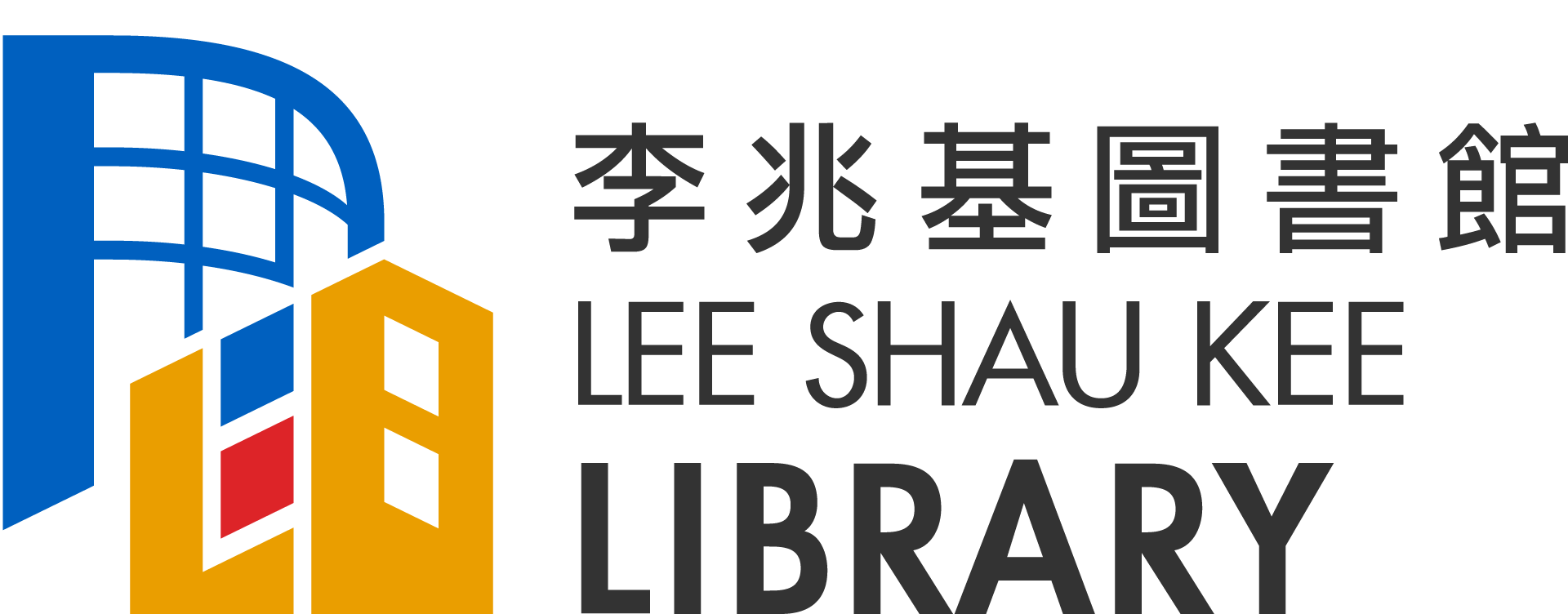Legal Restrictions
- Copying of a work means reproducing the work in any material form. This includes making photocopy of a work as well as reproducing and / or storing the work in any medium by electronic means.
- For individuals making PERSONAL COPIES , the copying must be: (a) for their own research or private study; or (b) for giving or receiving instruction in a course of study provided by the University.
- If COPYING IS MADE for OTHERS , the copying must be: (a) for research or private study, and the copying must not result in more than one person having copies of substantially the same material for the same purpose; or (b) on behalf of a teacher for giving instruction in a course of study provided by the University.
- If COPYING IS MADE ON BEHALF OF THE UNIVERSITY, the copying must be: (a) for the purpose of giving instruction in a course of study provided by the University; or (b) for the purpose of an examination.
Extent of Copying
If copies are for research or private study: The test is whether the act of copying constitutes fair dealing under the Copyright Ordinance taking into account all the circumstances of the case and in particular:
(i) the purpose and nature of the dealing, including whether the dealing is for a non-profit-making or commercial purpose;
(ii) the nature of the work copied;
(iii) the amount and substance copied in relation to the work as a whole; and
(iv) the effect of the dealing on the potential market for or value of the work.
If copies are for the purpose of instruction, the copying must be limited to a reasonable extent of an artistic work, or a published literary or dramatic work.
The copying must:
(a) constitute fair dealing under the Copyright Ordinance by or on behalf of a teacher or by a student for the purposes of giving or receiving instruction in a course of study provided by the University taking into all the circumstances of the case (in particular factors (i) to (iv) above); or
(b) be limited to a reasonable extent of an artistic work, or a published literary, dramatic or musical work, if the copying is made on behalf of the University, or if the copying is made by a student receiving instruction in a course of study provided by the University.
If copies are for examination:
The copying must be for the purposes of an examination by way of setting the questions, communicating the questions to candidates or answering the questions. Copying of musical works for performance by examination candidates is strictly prohibited.
Note: The act of copying should neither conflict with a normal exploitation of a work by the copyright owner nor unreasonably prejudice the legitimate interests of the copyright owner. Any copies made for any of the above purposes must not be sold, let for hire or offered for sale or hire to others.
PDF version in Chinese & English
Performing, Playing, or Showing Videos
Public performance (showing to the public) of videos is a restricted act under the Hong Kong Copyright Ordinance.
On campus, showing a video to an audience consisting mainly of teachers, students and their parents/guardians for the purpose of giving or receiving instruction is allowed.
Other public performances (e.g. for entertainment purposes) may require further licensing and permission from the copyright owner or a licensing body.
Copyright Ordinance Information
The Intellectual Property Department of the HKSAR provides information on the Copyright Ordinance, Copyright and Education, which includes:
Questions?
- Go to the Library Guide on Copyright for more details, plus information on Creative Commons licensing
- Email Victoria Caplan (lbcaplan@ust.hk)







